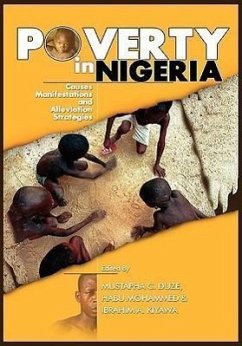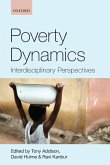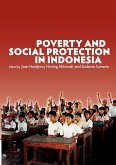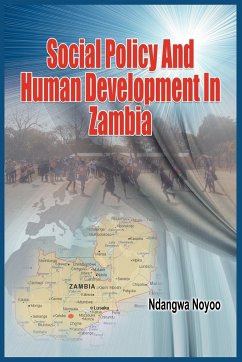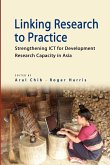One of the critical concerns in Nigeria is how to alleviate poverty in the country. The general prevalence of poverty in Nigeria is paradoxical because the country is one of the biggest oil-producing countries in the world. A 1999 World Bank report for instance showed that some 70 per cent of the population lives below the bread line - usually considered as living on less than US$1.00 a day. This raises a number of very important questions: What are really responsible for the wide prevalence of poverty in Nigeria in the midst of plenty? How is poverty manifested in the country? What alleviation strategies are in place? How effective are they? And what are the implications of all these for the country's democracy project, political stability, nation-building and development discourse? Contributors to this volume address these questions and provide insights into some of the central issues in the discussion of poverty, including how the poor themselves struggle to cope or adapt to their condition. Using multidisciplinary perspectives, the contributors critique the current alleviation strategies and recommend more viable and better- targeted approaches that will sharply reduce the incidence of poverty in Nigeria.
Hinweis: Dieser Artikel kann nur an eine deutsche Lieferadresse ausgeliefert werden.
Hinweis: Dieser Artikel kann nur an eine deutsche Lieferadresse ausgeliefert werden.

